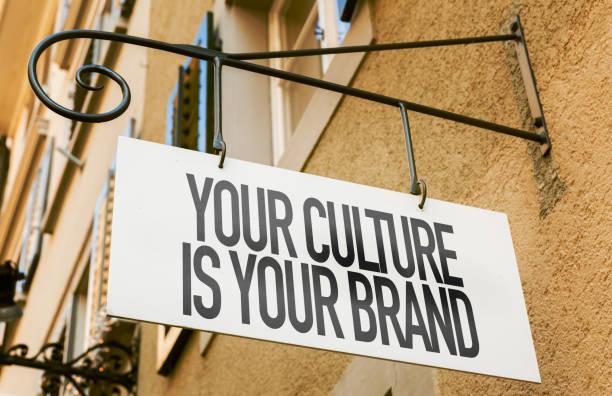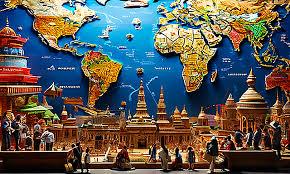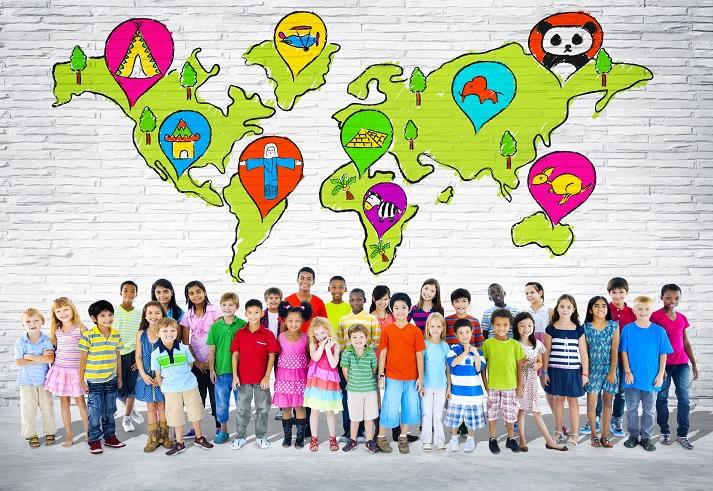How do traditional customs influence modern practices in different cultures?

Traditional customs significantly influence modern practices in various cultures, often blending the old with the new to create unique contemporary expressions. Here are some ways traditional customs shape modern practices in different cultural contexts:
1. Festivals and Celebrations
- India: Traditional festivals like Diwali and Holi continue to be widely celebrated, but with modern twists such as eco-friendly fireworks and digital greetings.
- China: The Chinese New Year remains a major celebration with traditional elements like dragon dances and red envelopes, now often featuring digital transfers and virtual red envelopes.
2. Cuisine
- Italy: Traditional recipes and cooking methods are preserved in modern Italian cuisine, with classic dishes like pasta and pizza being served in contemporary settings and often reinterpreted with new ingredients.
- Japan: Traditional food items like sushi and ramen have been adapted for modern tastes, with fusion variations and innovative presentation techniques becoming popular worldwide.
3. Fashion
- Africa: Traditional fabrics and patterns, such as kente cloth and Ankara prints, are incorporated into modern fashion, blending heritage with contemporary styles.
- India: Traditional garments like sarees and kurta pajamas are often worn during festivals and formal occasions, sometimes updated with modern cuts and fabrics.
4. Architecture
- China: Modern Chinese architecture often incorporates elements from traditional designs, such as curved roofs and Feng Shui principles, into contemporary buildings.
- Middle East: Traditional Islamic architecture, with its geometric patterns and courtyards, influences modern designs in both residential and commercial buildings.

5. Medicine
- India: Traditional Ayurvedic practices influence modern wellness and health practices, with yoga and meditation becoming mainstream worldwide.
- China: Traditional Chinese Medicine (TCM) practices, including acupuncture and herbal treatments, are integrated into modern health and wellness routines.
6. Education
- Finland: The Finnish education system incorporates traditional values of equality and cooperation, which are reflected in modern educational practices such as collaborative learning and emphasis on student well-being.
- Japan: Traditional values of discipline and respect are maintained in modern educational settings, influencing classroom behavior and student-teacher relationships.
7. Art and Literature
- Mexico: Traditional folk art and motifs influence modern Mexican art, with contemporary artists drawing inspiration from indigenous symbols and techniques.
- Russia: Russian literature often reflects traditional themes and folklore, influencing contemporary writers who blend these elements with modern narratives.
8. Social Practices
- Spain: The tradition of the siesta continues to influence modern work-life balance, with some businesses adopting flexible hours to allow for afternoon breaks.
- Sweden: The concept of "fika," a traditional coffee break, remains a cherished social practice in modern Swedish culture, emphasizing the importance of taking time to relax and socialize.

9. Rituals and Ceremonies
- Africa: Traditional rituals and ceremonies, such as weddings and initiation rites, are preserved in modern times, often combined with contemporary elements to reflect current social contexts.
- Japan: Traditional tea ceremonies and festivals, like the cherry blossom festival (Hanami), continue to be practiced, maintaining a link between past and present.
10. Technology Integration
- South Korea: Traditional values of hard work and education influence the country's rapid technological advancements, with a focus on integrating technology into everyday life while preserving cultural heritage.
- India: Modern technology is used to preserve and promote traditional arts and crafts, with online platforms providing new opportunities for artisans to reach global markets.
Examples of Tradition Influencing Modern Practices
- Thanksgiving (USA): A blend of traditional harvest celebrations and modern customs, incorporating historical elements with contemporary practices like parades and football games.
- Oktoberfest (Germany): A traditional Bavarian festival that has evolved into a global celebration, combining historical customs with modern entertainment and international participation.
Traditional customs serve as a foundation for cultural continuity, influencing and enriching modern practices across various aspects of life, from celebrations and cuisine to architecture and social behaviors. This blend of tradition and modernity creates dynamic and evolving cultural landscapes.
AfriPrime App link: FREE to download...
Patrocinados
Buscar
Categorías
- Questions and Answers
- Opinion
- Story/Motivational/Inspiring
- Technology
- Art
- Causes
- Crafts
- Dance
- Drinks
- Film/Movie
- Fitness
- Food
- Juegos
- Gardening
- Health
- Home
- Literature
- Music
- Networking
- Other
- Party
- Religion
- Shopping
- Sports
- Theater
- Wellness
- News
- Culture
- War machines and policy
Read More
Veterinary Computed Tomography (CT) Scanner Market Report: Exponential Growth by Market Size, Share, Trends and Analysis to 2029
Veterinary CT Scanner market survey report brings into light key market dynamics of the sector...
Virtual Reality in Historical Tourism: Revolutionizing the Travel Experience
Virtual Reality (VR) has emerged as a transformative tool in many sectors, and one of its most...
https://www.facebook.com/CiderPowerKetoACVGummiesUS/
Cider Power Keto ACV Gummies are a specially formulated dietary supplement designed to...
The Israeli military orders another mass evacuation in southern Gaza
The Israeli military has ordered another mass evacuation in large areas around Khan Younis in...
Sherman cybersecurity company
Sherman Cybersecurity Company offers comprehensive security solutions designed to protect...

